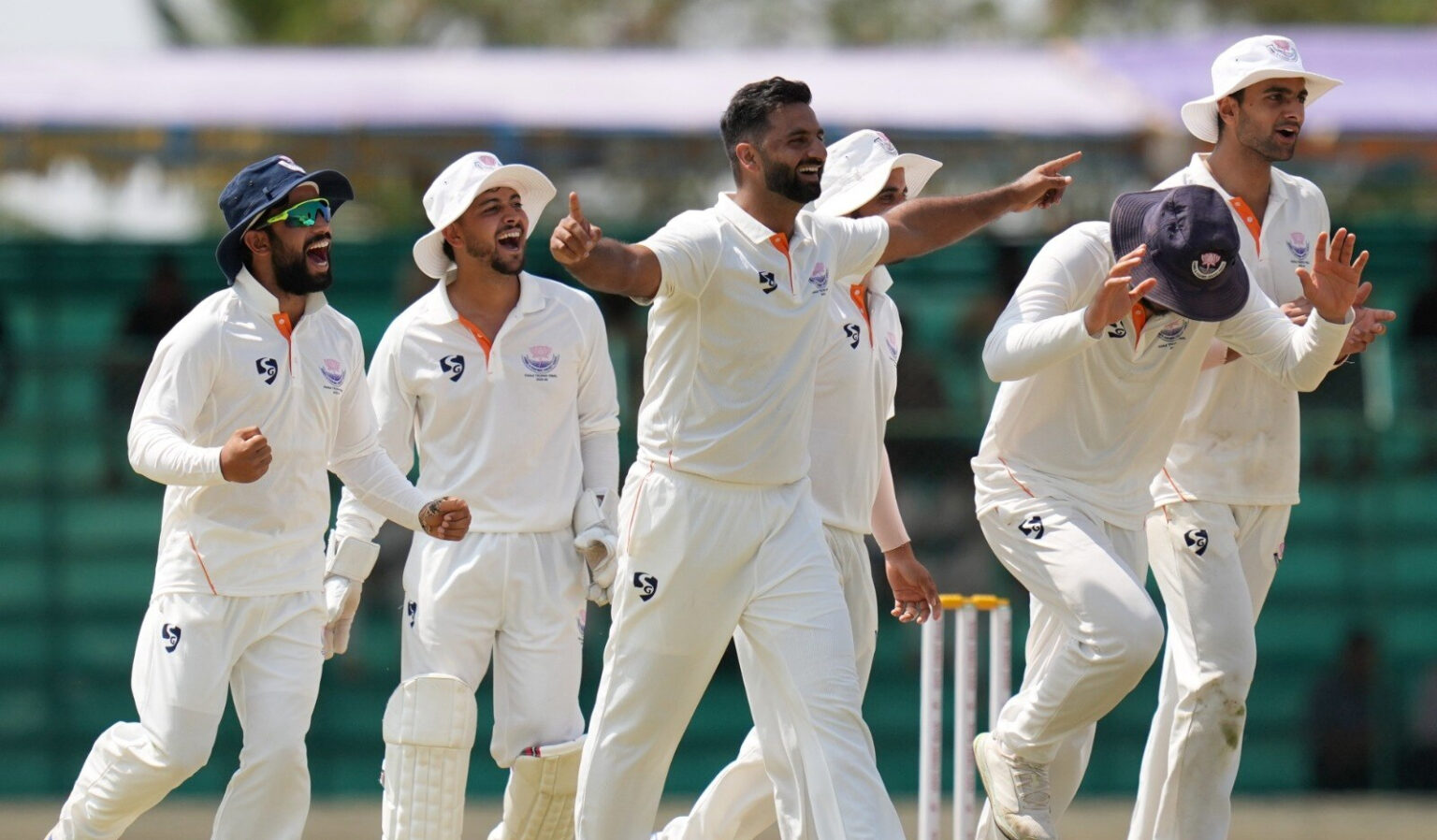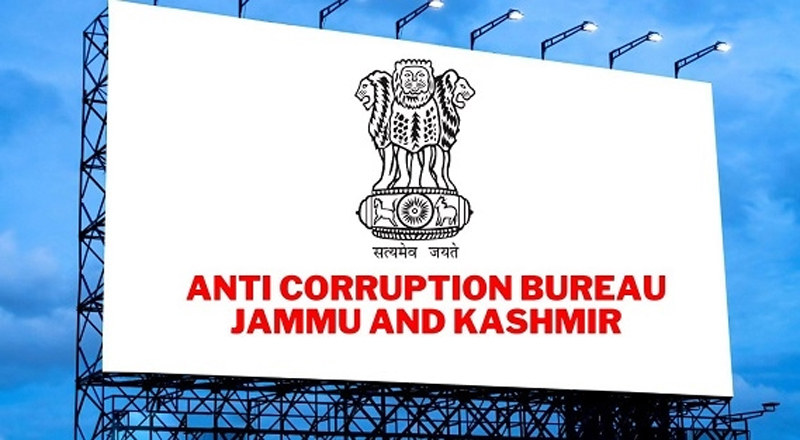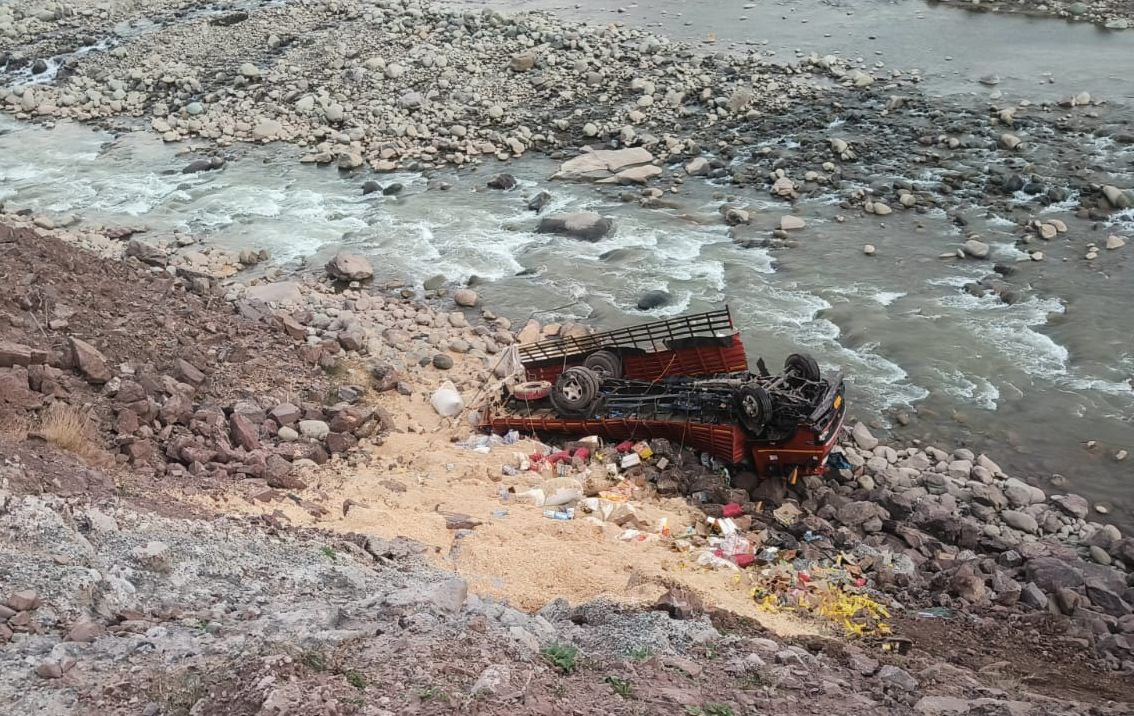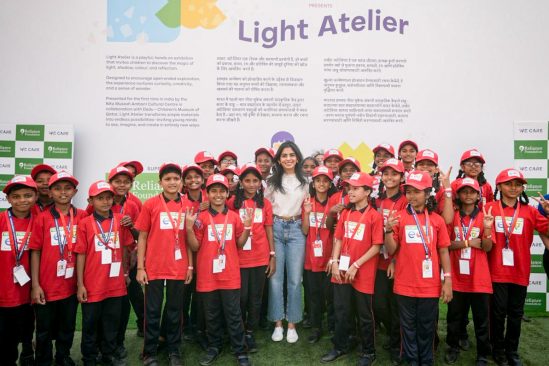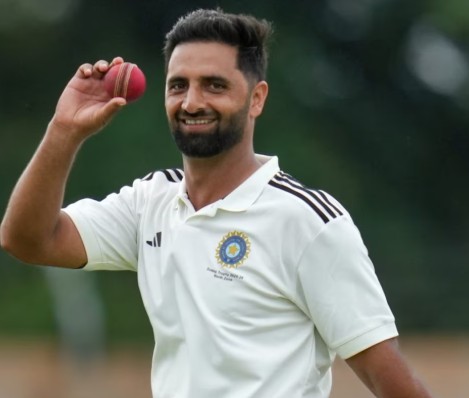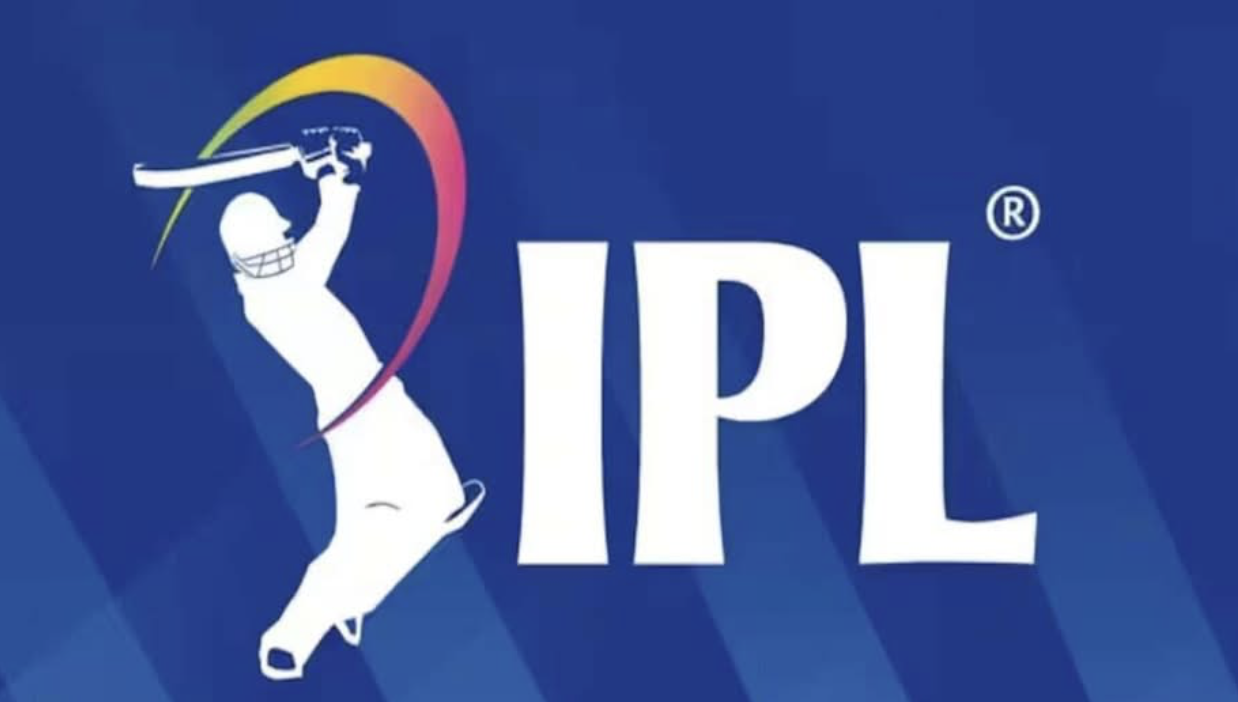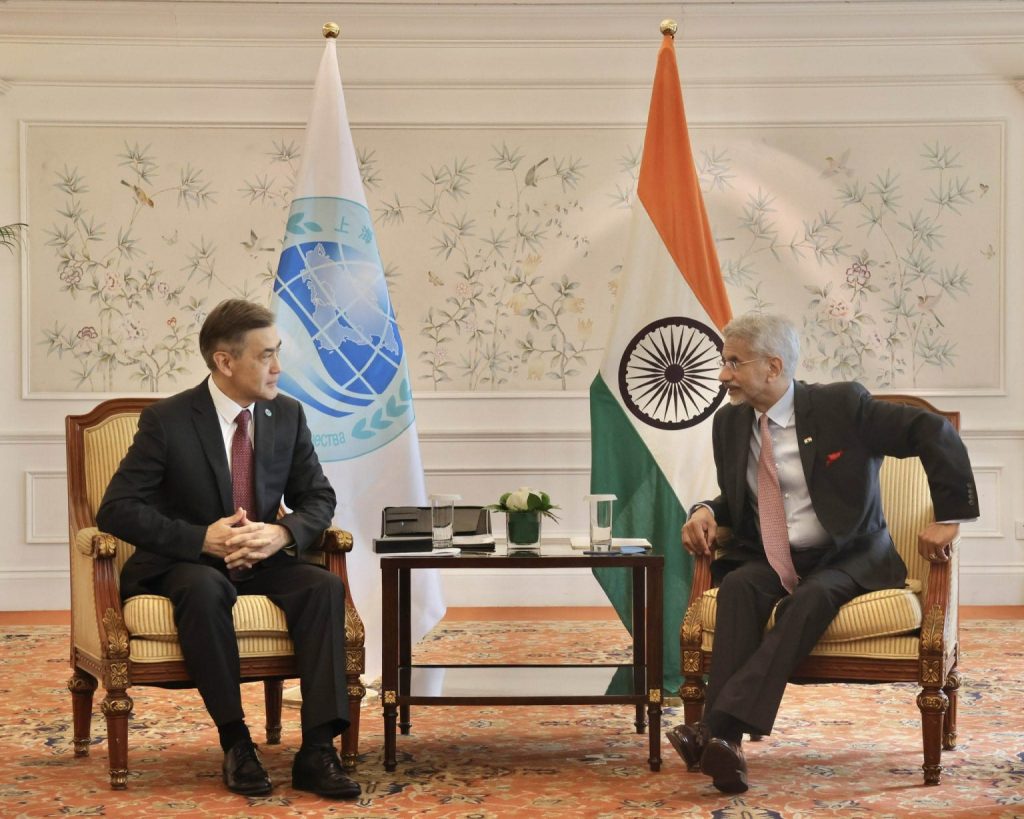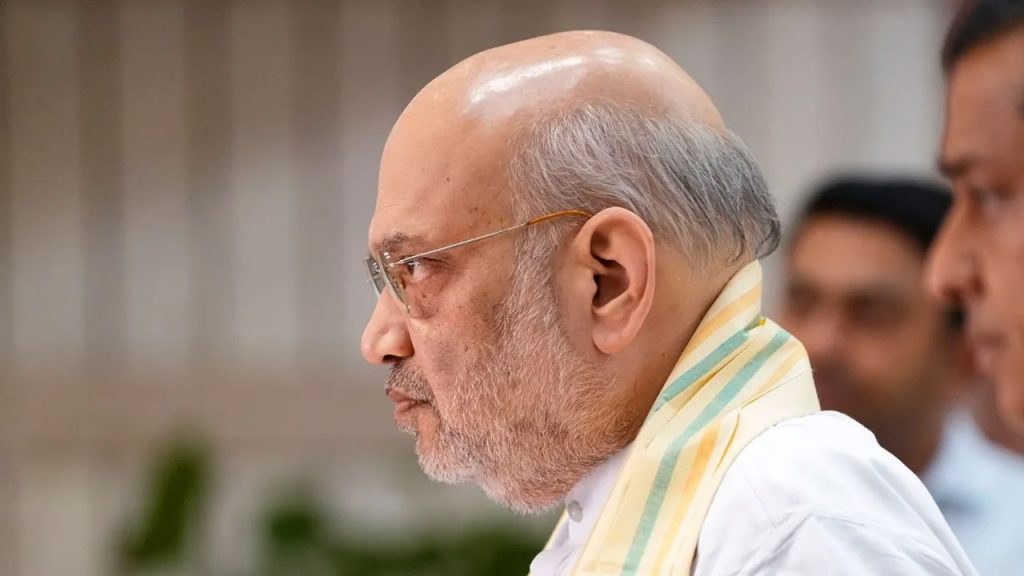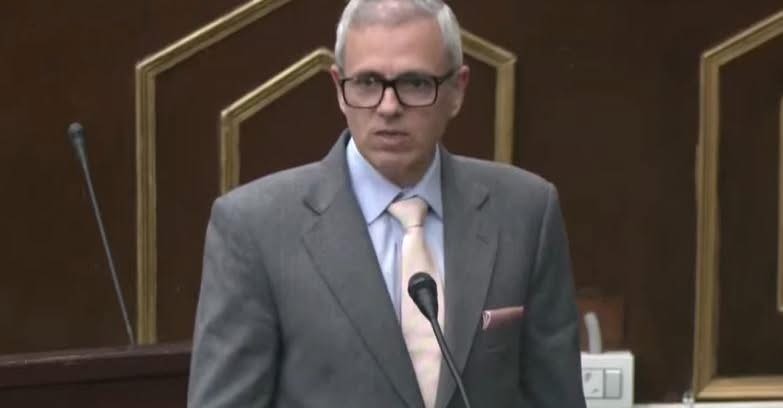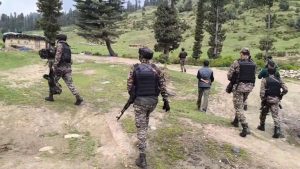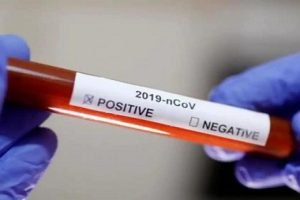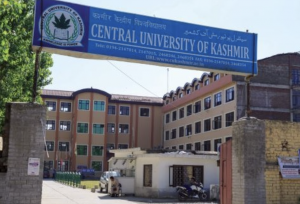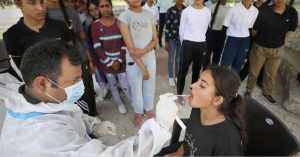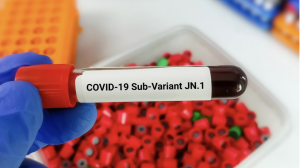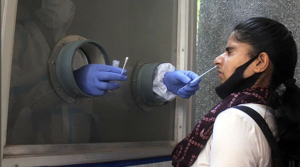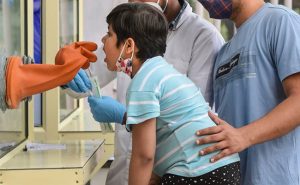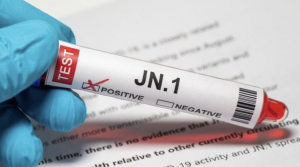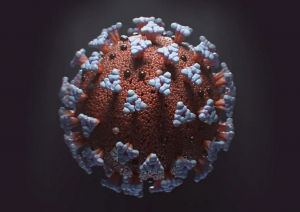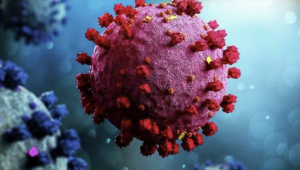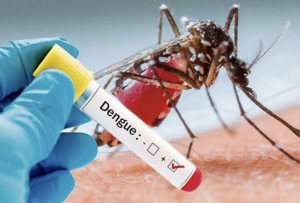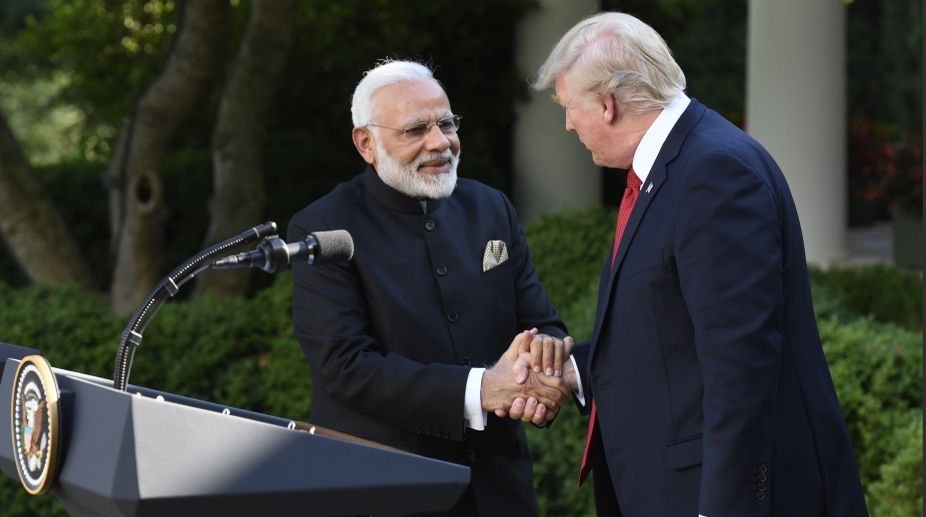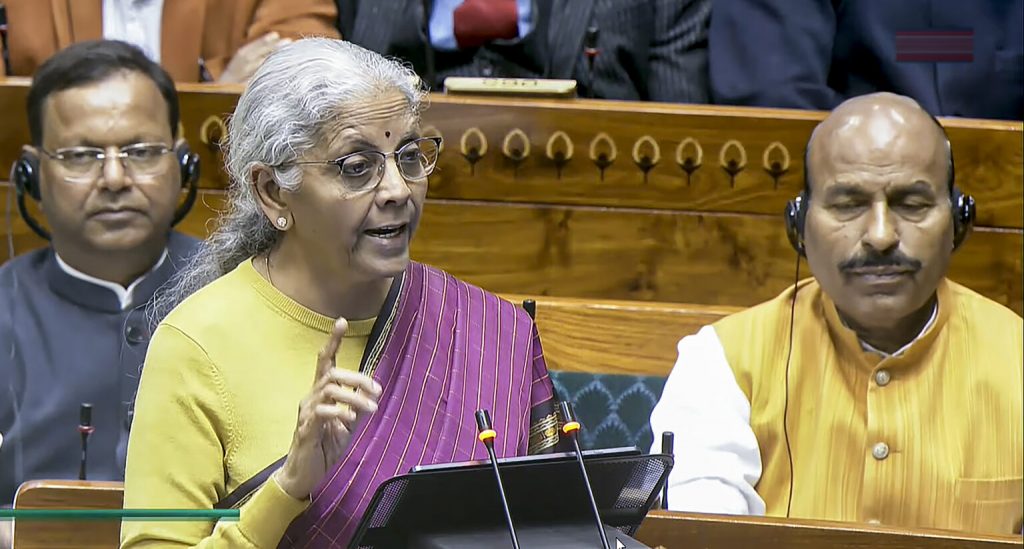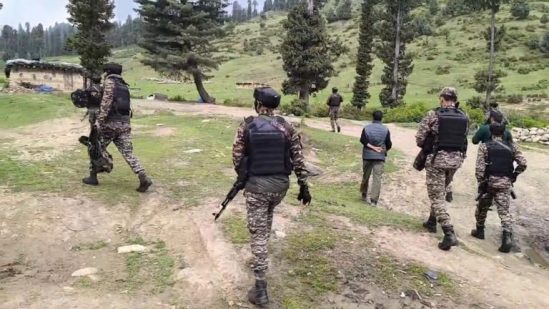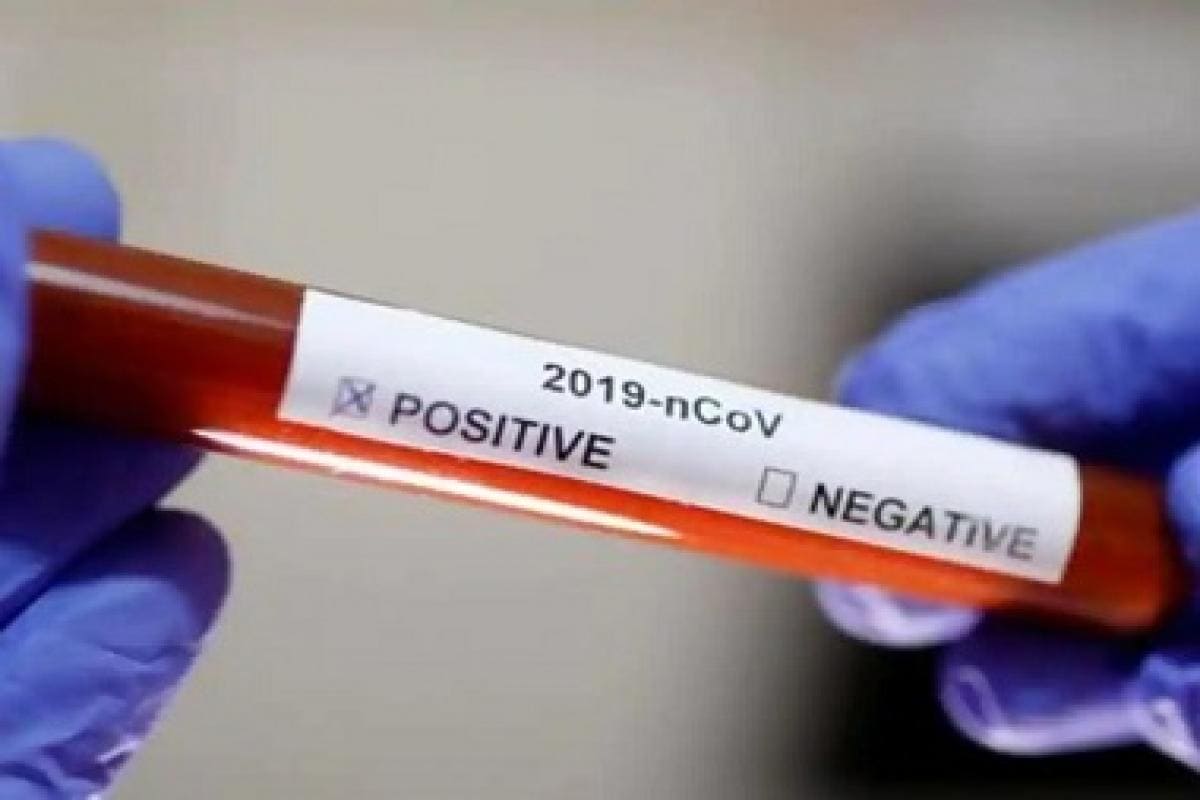SRINAGAR: On Wednesday, meteorologists predicted a "extended wet spell" in Jammu and Kashmir starting on Saturday night and lasting till the afternoon of February 21. According to a meteorological department official, "a couple of moderate to intense Western Disturbances most likely to affect J&K and adjoining areas from February 17 afternoon onwards." He stated that a "extended wet spell" is anticipated across J&K and the surrounding territories from February 17 (night) to February 21 (afternoon) due to the effect of the weather systems. He stated that the Kashmir Valley would likely see partly to mostly cloudy conditions towards late Saturday night, with the risk of light snow in isolated higher regions. He stated that typically cloudy conditions with the risk of light to heavy rain and snow are anticipated in several locations on February 18.He stated that from February 19 to 20, most areas (plains and lower reaches) could see light to moderate rain and snow, with the middle and upper regions of Kupwara, Baramulla, Bandipora, Ganderbal, Badgam, Shopian, and Kulgam districts potentially seeing heavy snowfall from late afternoon on February 19 to late night on February 20. He stated that starting on February 21, there is a chance of light to moderate snowfall in several locations through the afternoon and evening, followed by a gradual recovery. He stated that Sunday could bring mild rain and snow in various areas of the Jammu division. The MeT office also released an advisory, stating that the system would result in the temporary closure of significant passes and higher-lying routes, such as Mughal Road, Sinthan Pass, Razdan Pass, Zojila, and others. "Travellers are advised to plan accordingly," the Minister of Transportation stated, adding that "farmers are advised to withheld irrigation and fertiliser application and drain out excess water from Orchards and fields during the above period." He stated that during that time, a considerable reduction in daytime temperature is anticipated. He stated that, in terms of temperature, Srinagar recorded a low of minus 3.0°C, which was lower than the previous night's minus 2.0°C and 3.2°C below typical for the summer capital of J&K at this time of year. According to the MeT official, Qazigund recorded a minimum temperature of - 2.0°C, which was 1.0°C below usual for the gateway town of Kashmir and minus 1.2°C the night before. Pahalgam reported a low of minus 5.2°C, which was 0.2°C below typical for the well-known south Kashmir resort, compared to minus 5.4°C the night before. According to the official, Kokernag, located in south Kashmir, saw a minimum temperature of minus 0.2°C, down from minus 0.3°C the night before. The temperature was also 1.3°C higher than usual for the area. According to the official, Kupwara town in north Kashmir saw a low of minus 3.4°C, down from minus 4.5°C the night before. This was 2.2°C below average. According to the official, Gulmarg saw a low of minus 4.2°C, down from minus 4.5°C the night before, and the temperature was 2.0°C higher than usual for the well-known skiing resort in north Kashmir. According to him, Jammu recorded a minimum temperature of 8.1°C, which was 2.0°C below average for the winter capital of J&K. According to him, the lows in Banihal (4.2°C), Batote (0.6°C), and Bhaderwah (1.6°C) were recorded. Kashmir is currently experiencing a 20-day winter period known as "Chillai-Khurd," which finishes on February 19, and is followed by a 10-day period known as "Chillai-Bachha" (baby cold), which starts from February 20 to March 1. As "Chillai-Kalan," the 40-day severe time of winter concluded on January 29. [caption id="attachment_10946" align="alignnone" width="300"] MeT forecasts ‘extended wet spell’ from Feb 19-21 in J&K, issues…



